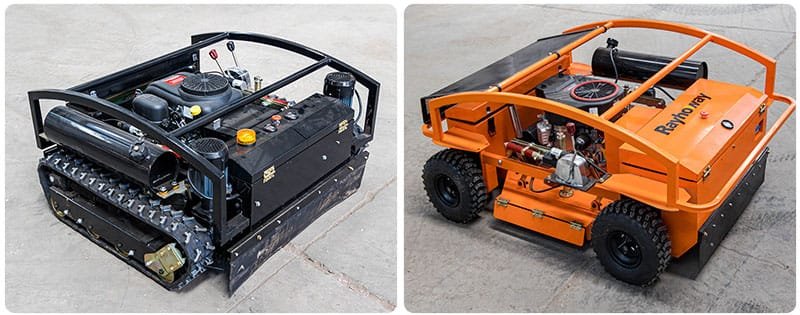RC lawn mower has become increasingly popular among homeowners who seek convenience and efficiency in maintaining their lawns. These devices, often equipped with advanced technology, allow users to mow their grass without physically pushing a traditional mower. However, one common concern among potential buyers is whether RC lawn mowers can withstand exposure to water. This article delves into the factors that determine the water resistance of RC lawn mowers and provides tips on how to protect them from moisture-related damage.
Understanding RC Lawn Mower Components
To assess whether an RC lawn mower can get wet, it’s essential to understand its key components and their vulnerability to water. Most RC lawn mowers consist of the following parts:
- Motor: The motor is the heart of the lawn mower, responsible for powering the blades and wheels. Motors are typically housed in sealed units to prevent water ingress, but prolonged exposure to moisture can still cause damage.
- Battery: RC lawn mowers are powered by rechargeable batteries, which are sensitive to water. Even a small amount of moisture can lead to corrosion or short-circuiting.
- Circuitry: The electronic circuitry controls the mower’s functions. Water exposure can cause malfunctions or permanent damage to these components.
- Blades and Wheels: While the blades and wheels are less susceptible to water damage, they can rust over time if not properly maintained.

Water Resistance Ratings
Many RC lawn mowers come with water resistance ratings, often indicated by an IP (Ingress Protection) code. This code consists of two digits: the first represents protection against solid particles, and the second indicates resistance to liquids. For example, an IPX4 rating means the device is protected against splashing water from any direction.
When purchasing an RC lawn mower, it’s crucial to check its IP rating. Devices with higher ratings (e.g., IPX6 or IPX7) are better equipped to handle wet conditions, such as mowing damp grass or operating in light rain. However, even with a high IP rating, it’s advisable to avoid exposing the mower to excessive moisture.
Risks of Water Exposure
Despite advancements in water resistance, RC lawn mowers are not entirely waterproof. Here are some risks associated with water exposure:
- Electrical Damage: Water can seep into the motor, battery, or circuitry, leading to short circuits or complete failure.
- Corrosion: Metal components, such as screws and blades, can rust when exposed to moisture, reducing the mower’s lifespan.
- Safety Hazards: Wet conditions increase the risk of slipping or losing control of the mower, potentially causing accidents.
Tips for Protecting Your RC Lawn Mower
To ensure your RC lawn mower remains in optimal condition, follow these tips:
- Check the Weather: Avoid using the mower during rain or when the grass is excessively wet. Wait for the lawn to dry before mowing.
- Store Properly: After use, store the mower in a dry, sheltered area. If possible, keep it indoors or in a garage.
- Clean Regularly: Remove grass clippings and debris from the mower after each use. Wipe down the exterior with a dry cloth to prevent moisture buildup.
- Inspect Seals: Periodically check the seals and gaskets for signs of wear or damage. Replace them if necessary to maintain water resistance.
- Use a Cover: If storing the mower outdoors, use a waterproof cover to protect it from rain and humidity.
Conclusion
While RC lawn mowers are designed to handle some degree of moisture, they are not completely waterproof. Understanding the device’s water resistance rating and taking precautions can help prevent damage and extend its lifespan. By avoiding wet conditions, storing the mower properly, and performing regular maintenance, you can enjoy the convenience of an RC lawn mower without worrying about water-related issues. Always refer to the manufacturer’s guidelines for specific care instructions to ensure your mower remains in top working condition.